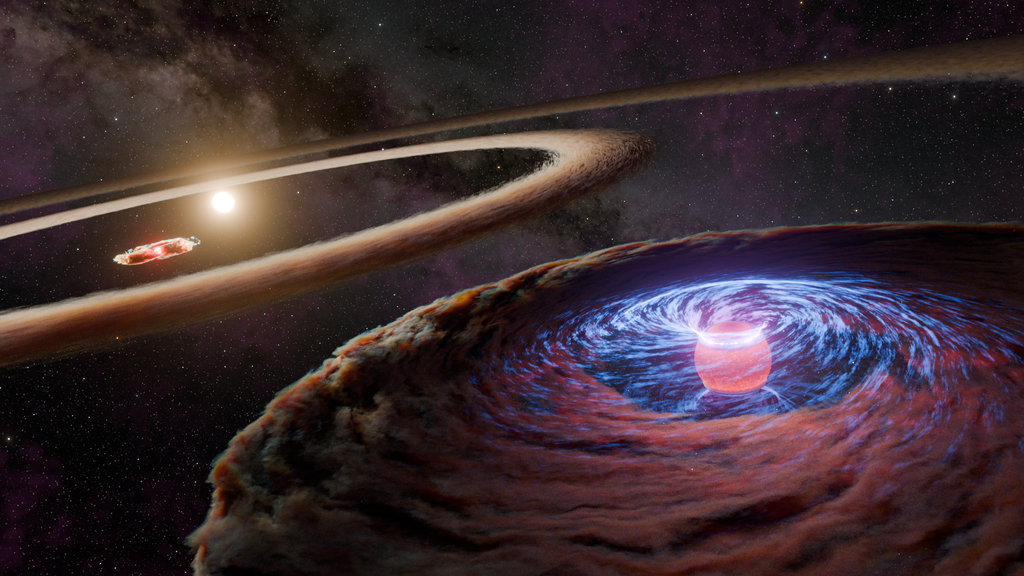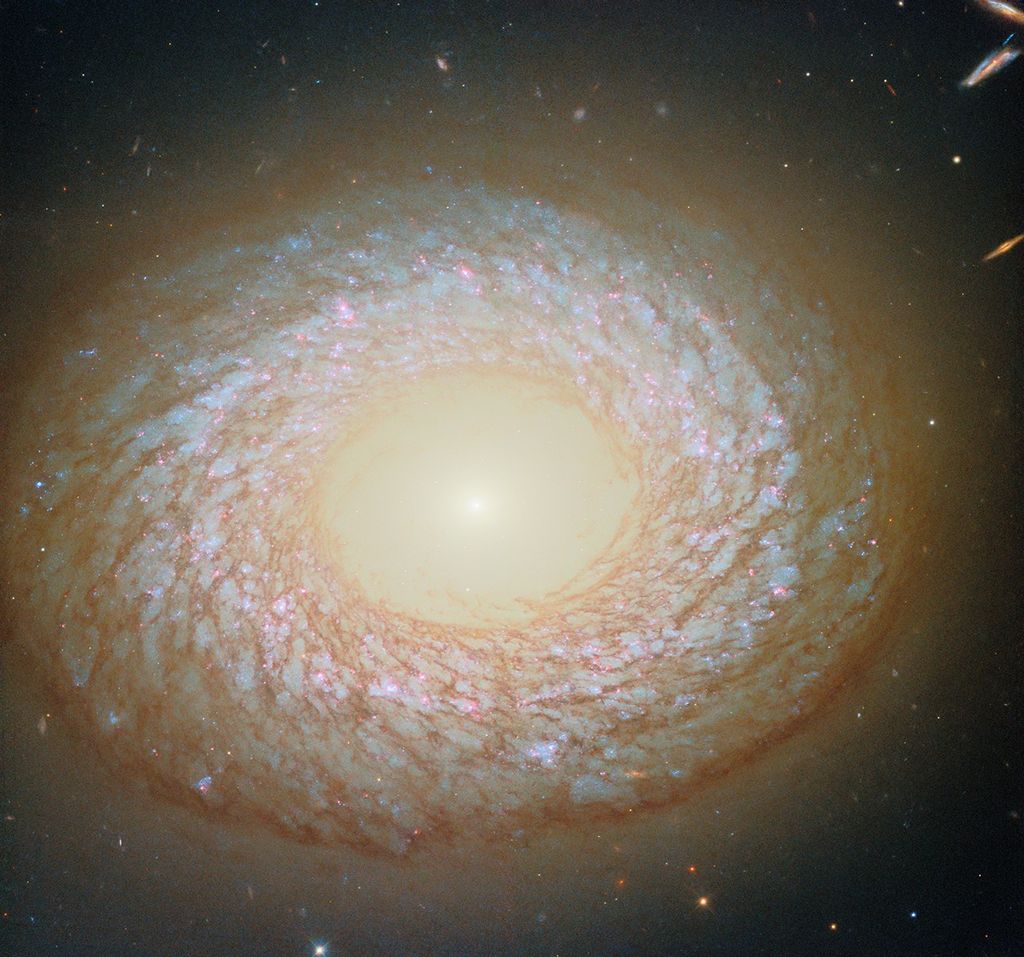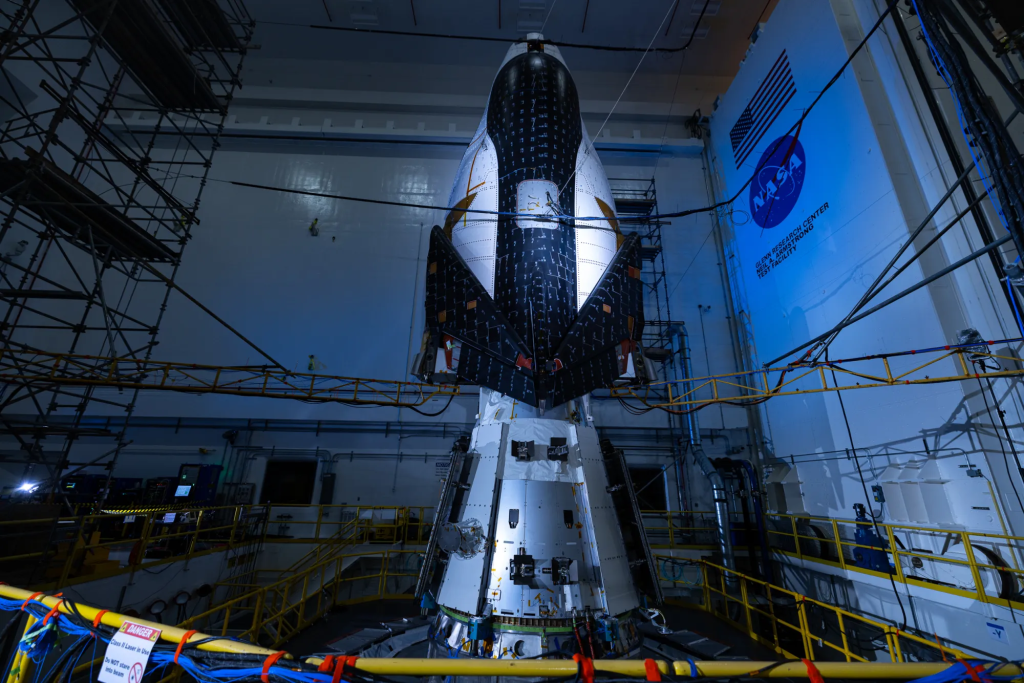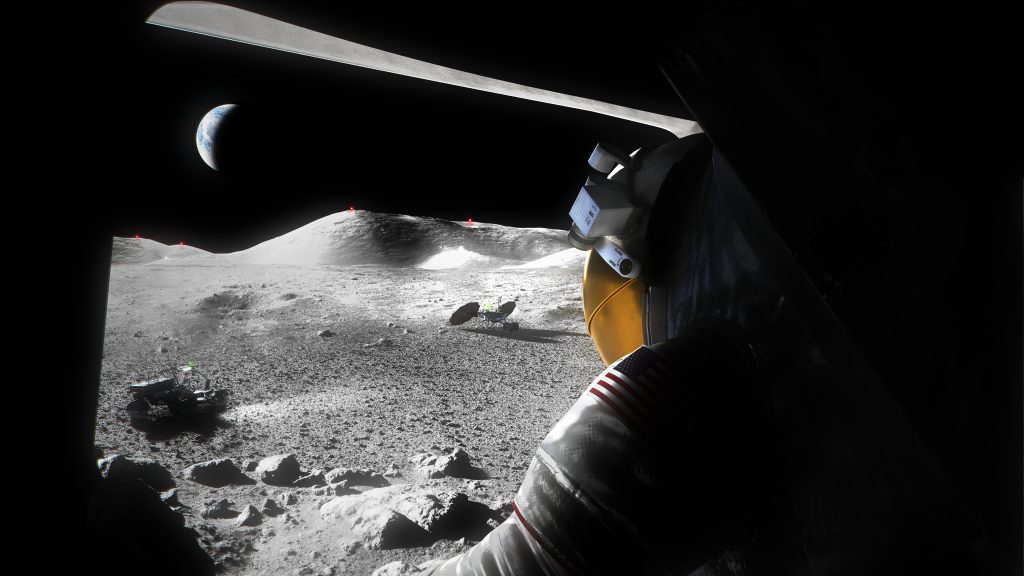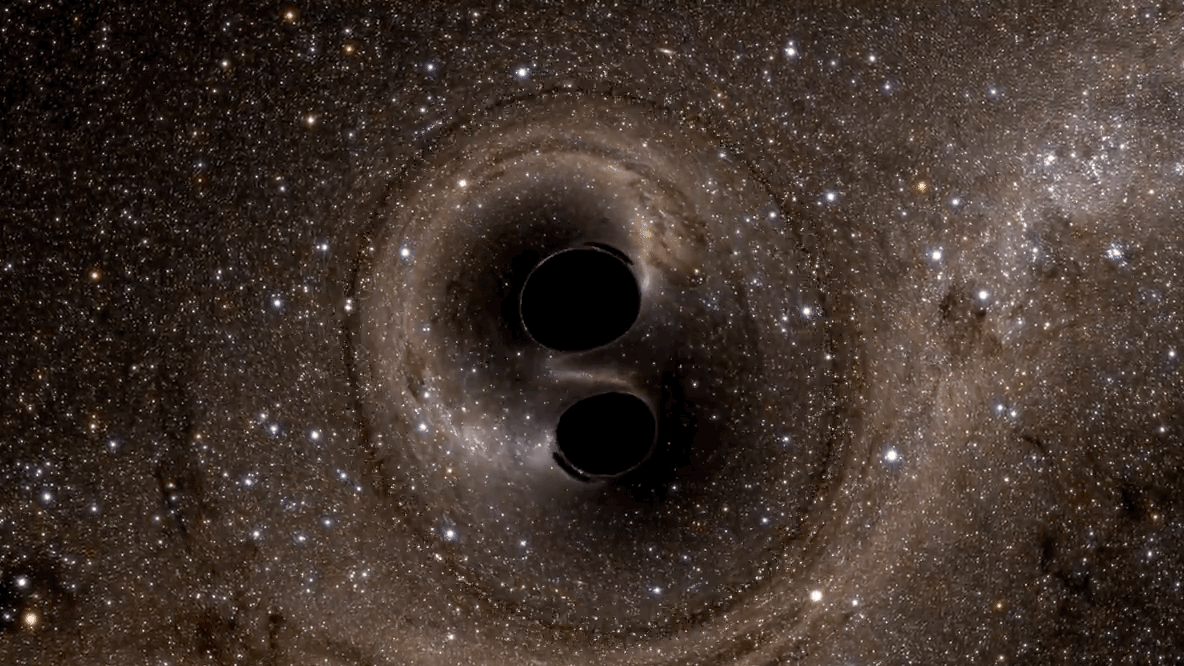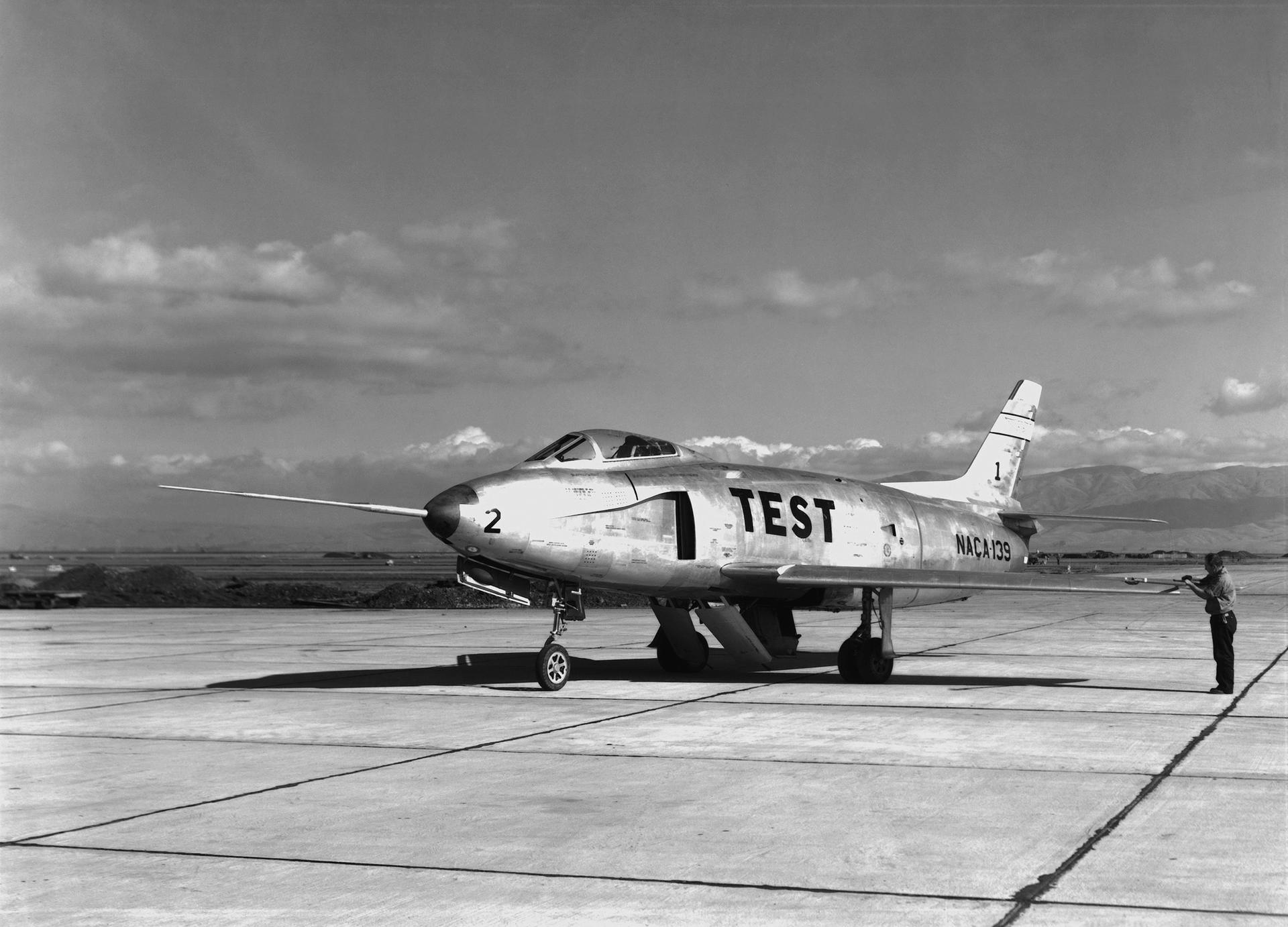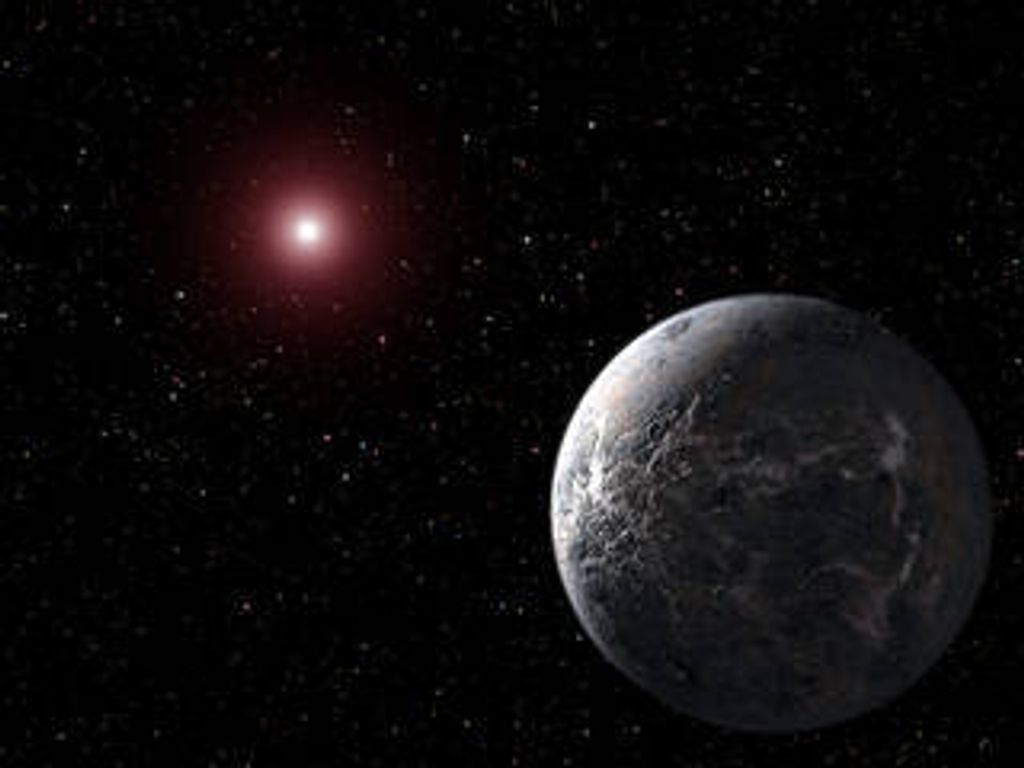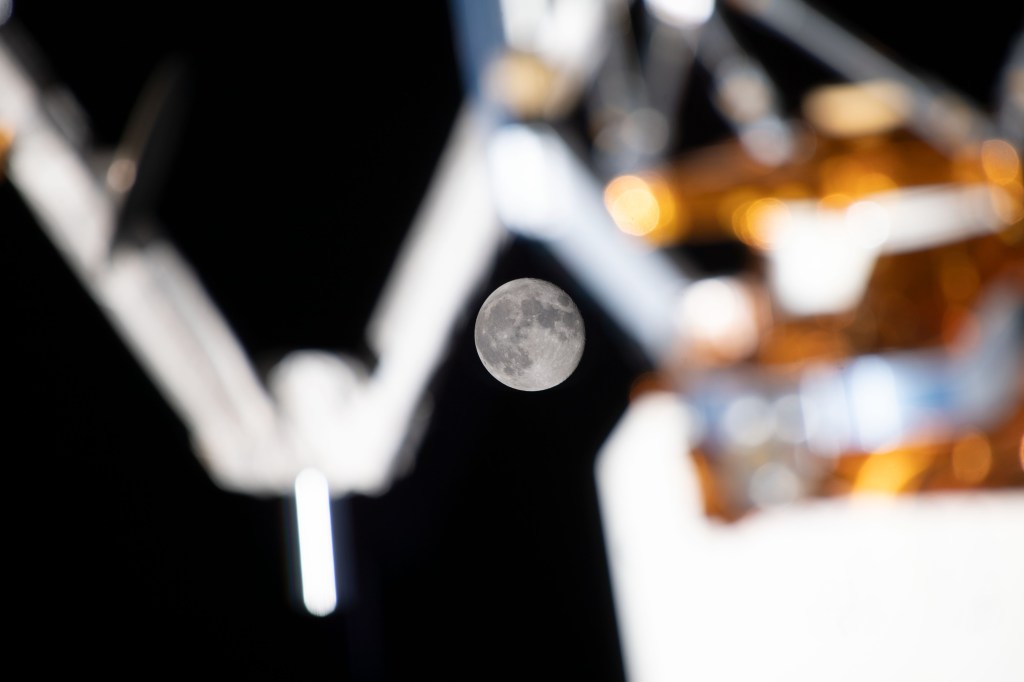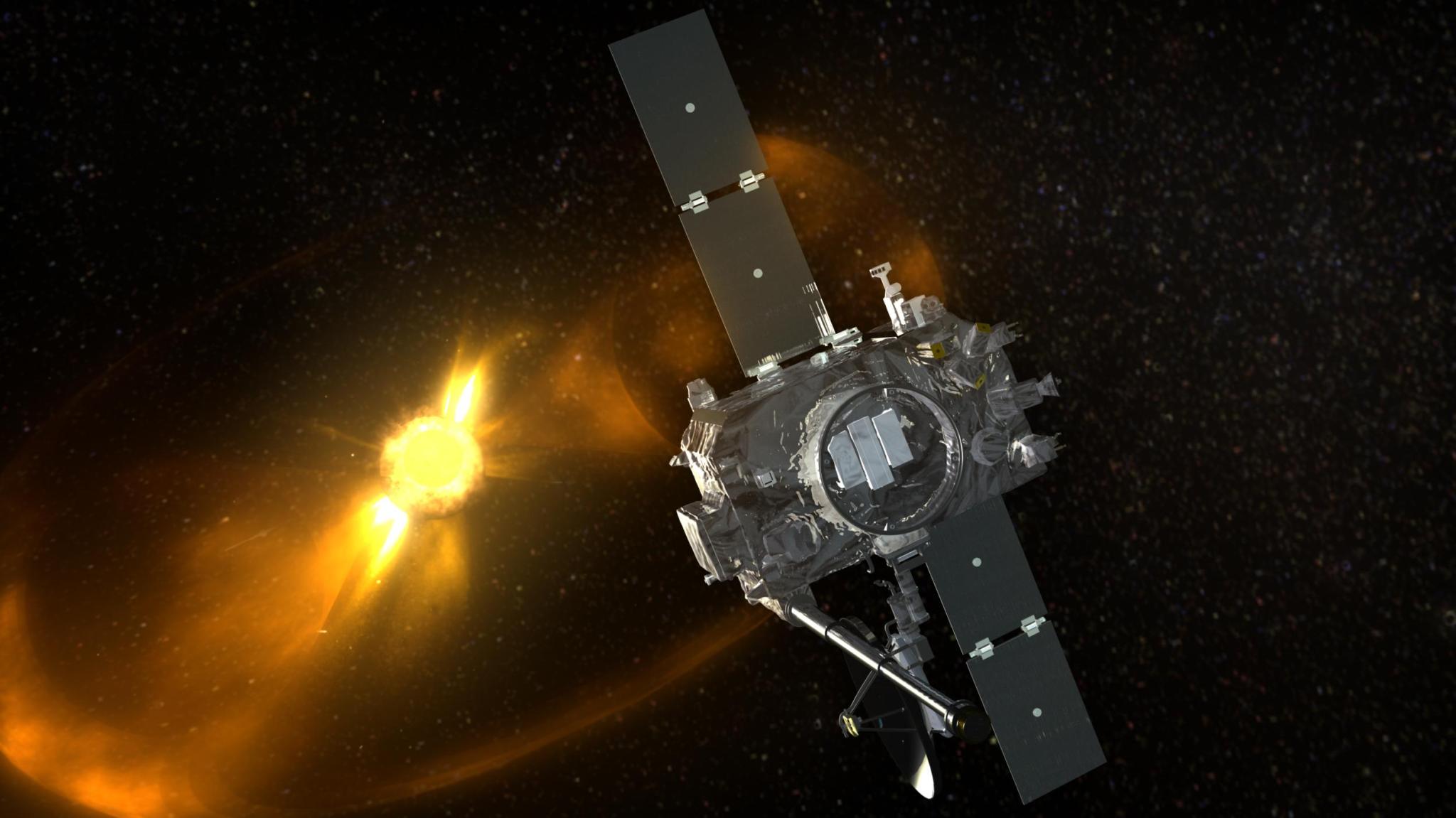On Aug. 21, 2016, contact was reestablished with one of NASA’s Solar Terrestrial Relations Observatories, known as the STEREO-B spacecraft, after communications were lost on Oct. 1, 2014. Over 22 months, the STEREO team has worked to attempt contact with the spacecraft. Most recently, they have attempted a monthly recovery operation using NASA’s Deep Space Network, or DSN, which tracks and communicates with missions throughout space.
The DSN established a lock on the STEREO-B downlink carrier at 6:27 p.m. EDT. The downlink signal was monitored by the Mission Operations team over several hours to characterize the attitude of the spacecraft and then transmitter high voltage was powered down to save battery power. The STEREO Missions Operations team plans further recovery processes to assess observatory health, re-establish attitude control, and evaluate all subsystems and instruments.
Communications with STEREO-B were lost during a test of the spacecraft’s command loss timer, a hard reset that is triggered after the spacecraft goes without communications from Earth for 72 hours. The STEREO team was testing this function in preparation for something known as solar conjunction, when STEREO-B’s line of sight to Earth – and therefore all communication – was blocked by the sun.
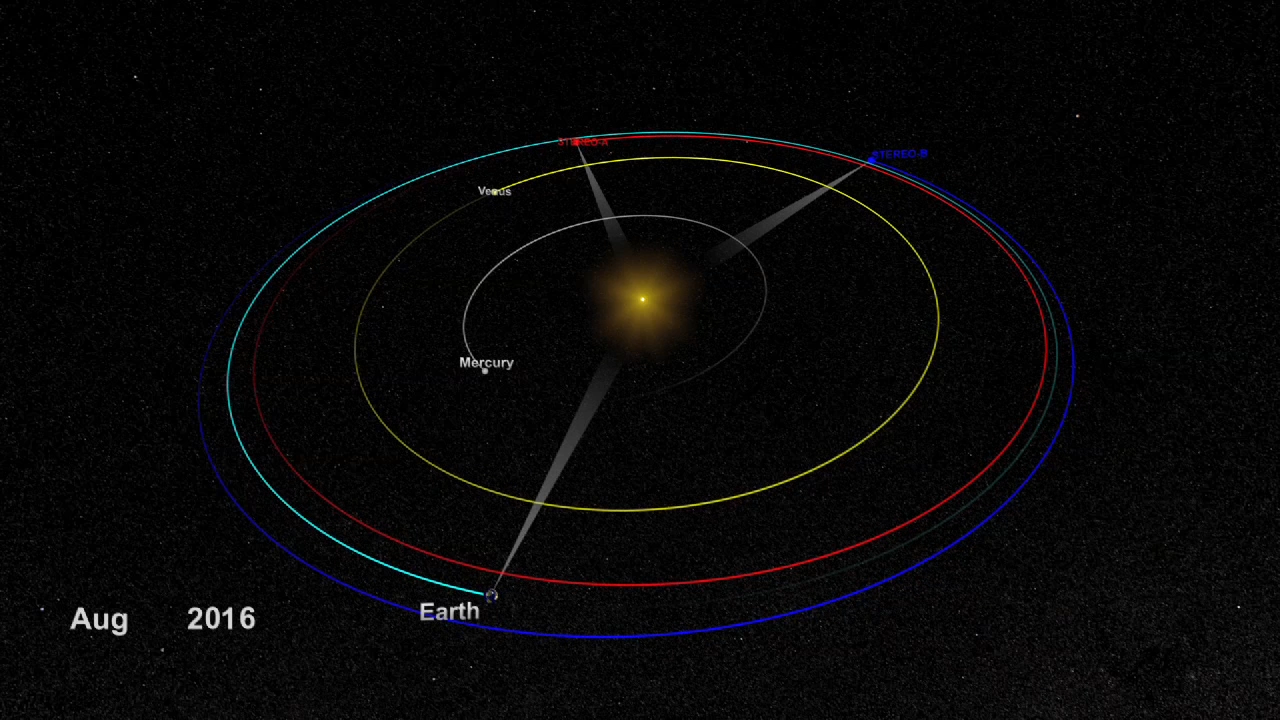
By Karen C. Fox
NASA’s Goddard Space Flight Center, Greenbelt, Md.

